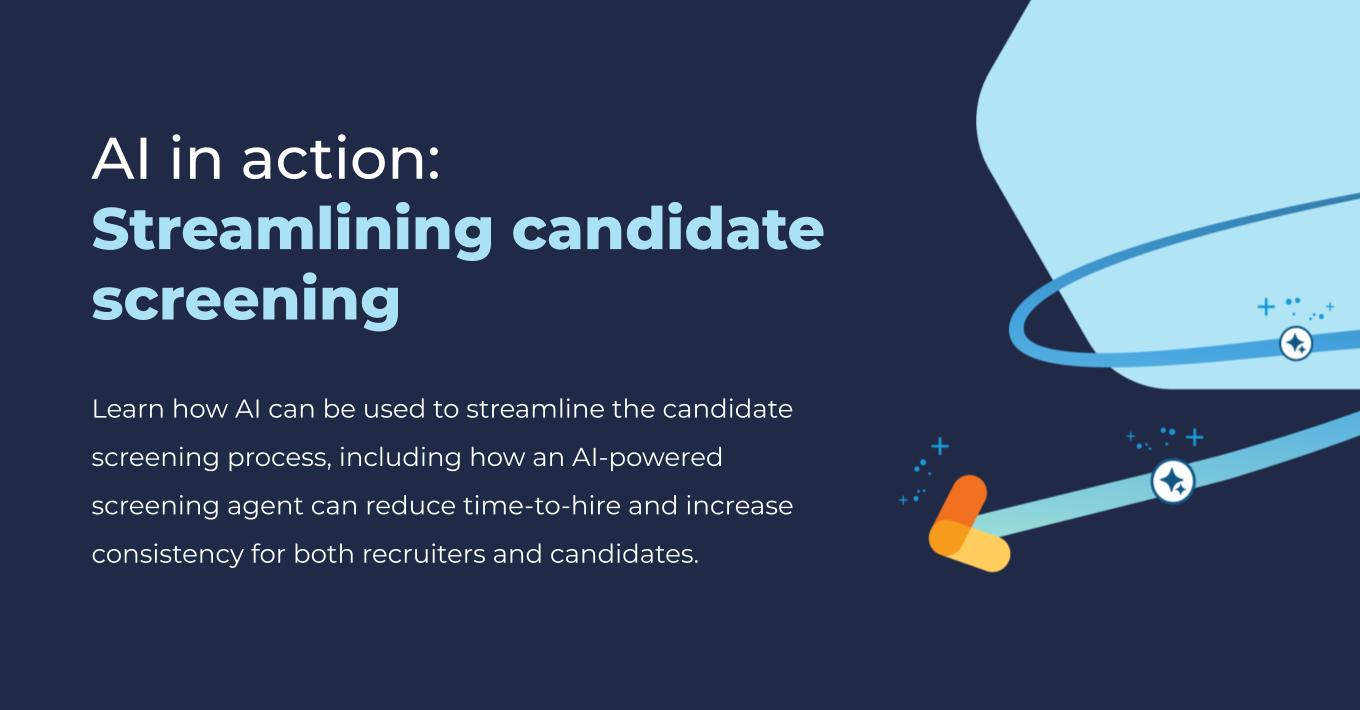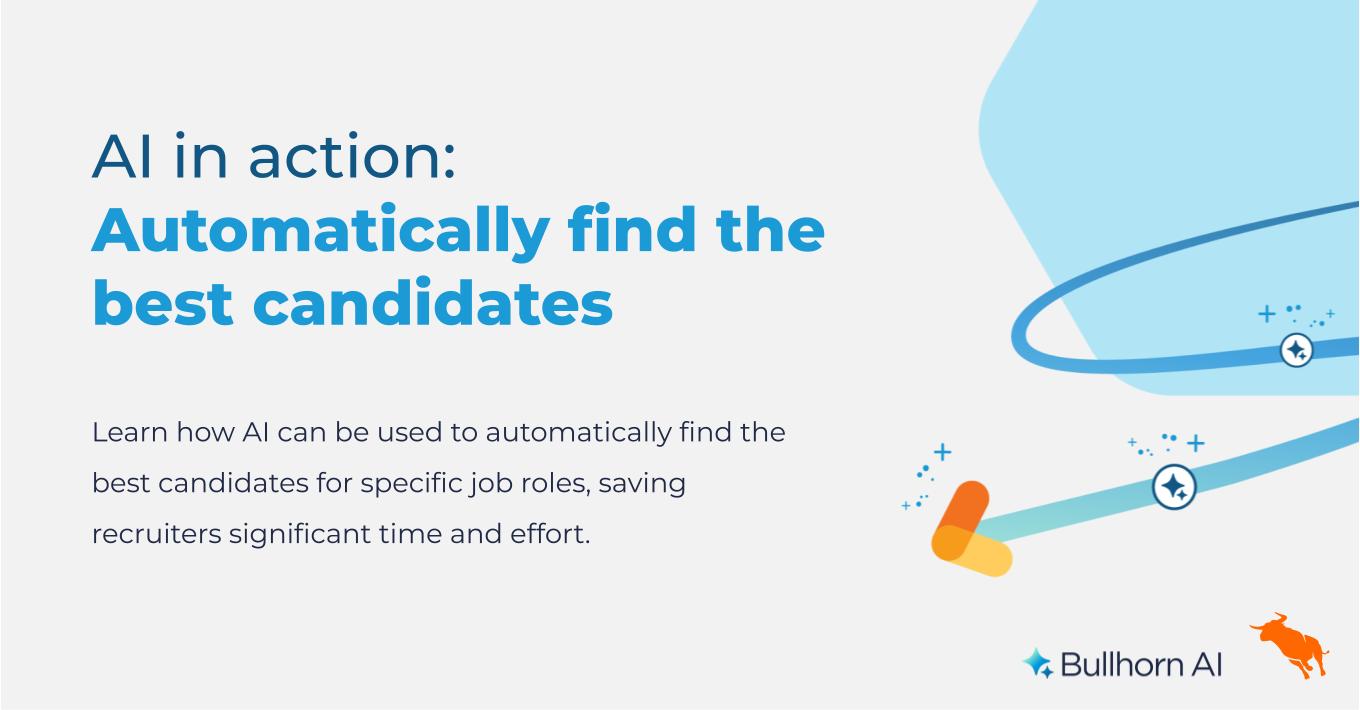Is The Age Of The Resume Over?
Since the first Amazon Kindle was released around the holiday season of 2007, we have watched print quickly fade away. Borders and Barnes & Noble stores closed almost as if overnight. I don’t believe print will disappear any time soon, but it is obvious that it is being replaced. E-readers and tablets offer not only books, but magazines, movies, games, music, newspapers, and a slew of other applications. In an age that values convenience and speed above all else, it is hardly surprising that this new technology has been so successful. So why do so many companies continue to use the traditional resume to fill jobs when there are easier, more effective ways?
There has to be a better way!
The resume has become a hindrance in the hiring process, rather than a tool. There exist so many resume-building internet sites and how-to blogs about creating the perfect resume that with enough effort, the most incompetent candidate can appear impressive. Job hunters strive to put a positive spin on their resume, withholding vital information from the employer. Some include outright lies.
How accurate is your resume?
In an episode of Friends, Joey proves this point, arguing, “Everybody lies on their resume, ok?” This is a classic Joey moment, but is he right? It seems so. 92% of college students admit to lying on their resume (with an average of 53% containing outright lies and as many as 80% that include misleading information). This knowledge is enough to condemn the resume, but if each one is properly analyzed, the qualified candidates should be discernible from the posers, right? Well…
How much can be learned in 6 seconds?
It has been suggested that the average time spent scanning each resume is six short seconds. If the poser’s resume, lies and all, is the most impressive, then an honest, capable candidate might be thrown out in the first round.
Where is the follow-through?
Some large companies never even verify the accuracy of the candidate’s claims. A candidate could easily declare that in his previous job, he created a program that increased annual profit by 12%. Does this mean he did? Of course not, but if the lie is never discovered, this false assertion may have landed him a new job.
What if the best candidate did not apply?
Employers that require an up-to-date resume may be missing out on the perfect match. Resumes take time to update and someone comfortable in her job may not be inclined to spend valuable work and personal time perfecting her resume. Perhaps she is happy enough with her current employer and does not want to jeopardize her position by sending out resumes. In either case, her resume is not in the pile and the job will be filled by someone else—someone who is not the best.
What can companies do to improve the process?
When I was hired for my current position, a resume was used. However, it was followed by a phone interview, a request for writing samples, two in-person interviews, and a writing test. Only after all of this was I offered the job. Using an assortment of job-qualifying tests works well. It is important to be thorough and creative because it is a drain on any business to hire the wrong person—no one wants high turnover. An employer or recruiter should use measures specific to the position at hand. Here are a couple options to consider:
- Applications: They are more specific to the employer’s needs. There will be no unnecessary information on applications and the employer can be sure to have all the information he needs to make the right choice.
- LinkedIn: These are professional profiles. They are efficient to use and the potential candidate is not “fixing” his profile for a specific company or job (on a resume, one might say he has a specific skill set making him perfect for one particular business—more lies). This also solves the problem of passive candidates. More and more professionals have LinkedIn profiles that employers can review.
- Writing samples or portfolios
- Work-related testing
- Contests
- Questionnaires
- Executive biography or summary




